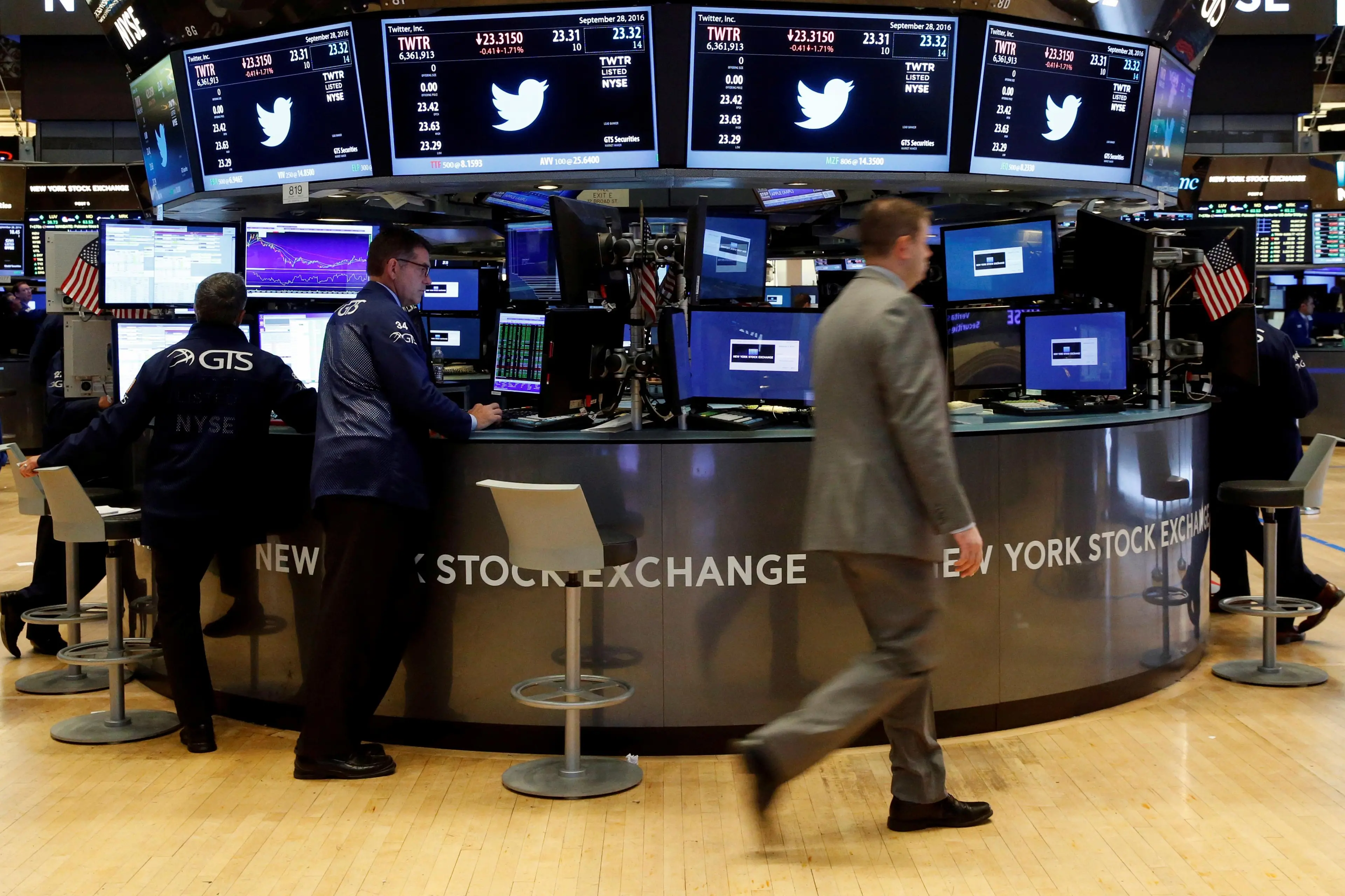PHOTO
LONDON- Part of the reason major investors seem slightly weary about their rosy market outlooks for 2021 is that they have been talking about and planning for little else since March.
It's like the markets effectively skipped over 2020 on a bridge provided by central banks and governments and have been gradually pricing a policy and vaccine-supported rebound ever since. Both are meeting forecasts so far.
Despite the biggest contraction of world gross domestic product since the immediate aftermath of World War Two, global stocks captured by MSCI's all-country index are ending the year at record highs.
Annual gains of more than 10% may be less than half the stellar rise of 2019, but they are still better than six of the past 10 years and November was the best month on record as COVID-19 vaccine breakthroughs accelerated a blistering 65% surge since the depths of the initial lockdowns in March.
The unprecedented year has almost been papered over.
Just looking at consensus stock market forecasts from Reuters polls for 2021 and those from a year earlier, you'd barely guess what we've been through.
Twelve months ago, the consensus saw the S&P500 rising 5% by the end of 2020. This year, the forecast is for another 10% in 2021 - with some of the biggest banks, such as JPMorgan, seeing gains of almost twice that.
Perhaps more revealing is that when asked how long the current bull market would last, less than 20% said "more than two years" in November 2019. On the assumption it did end for a very brief five month hiatus between February and August of 2020, then about 20% of the poll got that right.
But this year, more than 30% said the current bull market would last more than two years. What's more, Reuters latest asset manager poll this week showed the positioning to reflect this as equity allocations have returned to pre-pandemic levels.
But what of the much feared economic 'scarring' from the pandemic or hangovers from policy-induced sugar highs
For many, the latter is hard to envisage given the need for interest rates to stay near zero to service massive accumulated government debts, still dominant deflationary pressures and a persistence of spare capacity.
And so rather than a 'last hurrah', the 10-year bull market may only have had a five month breather and is set to start all over again.
NEVER BEFORE
"Never in my life have I seen a recession where household income has actually gone up and disposable income has gone up," Aviva Investors' multi-asset chief investment officer Peter Fitzgerald told this week's Reuters Investment Outlook Summit.
The shocking event, the massive support, the debt legacy and the interest rate implication mean investors are left with few other options than to overweight equity and risk, he said.
"If you are a non-leveraged investor who is not going to be shaken out of markets, you need to have an overweight allocation to risk assets in today's world where the value of money is being degraded," Fitzgerald told Reuters. "You are at the early stages of a new cycle."
Of course no one foresaw the pandemic, the lockdowns, the economic slump and the eye-watering 35% drawdown in MSCI's global index in the 27 trading days to March 23. And many sectors such as banking and energy stocks, as well as more than half the 17 national stock markets covered by Reuters polls, will end 2020 in the red.
But if narrowly focused on equities and taking the broadest all-country benchmark, then it would hardly have mattered to the portfolio.
And there appears little doubt about what's ahead over the next 12 months. All the issues underlying it have been thrashed out a thousand times already as vaccines emerge and support programmes abound. That might suggest markets are already fully priced - but few fund managers think that either.
Despite some conflicting surveys, data on household savings, money supply and money market fund data still shows substantial pandemic-related cash hoards yet to be invested as the reality of recovery, the vaccine rollout and a new U.S. president and administration have yet to play out through the year.
Things can yet go bump in the night - persistent infections and lockdowns and ineffective vaccines, unexpected political twists, central bank and fiscal policy hesitation, or inflation scares. But these have been gamed continually by investment managers for months.
A more serious shuffling of the investment pack on so-called 'normalisation trades' between lockdown winners of tech and pharma stocks to the 'value stock' laggards and cyclicals in energy, banking and travel and leisure will take up the time of many active managers.
But even if things do normalise fully, no one doubts the big lockstep legacy of this 'skipped year'. The widest measure of sovereign and corporate bond borrowing costs - the yield on the Bloomberg Barclays Multiverse - has never been lower at just 1%.
"Risk exposure to equities should be your preferred asset class," Sonja Laud, chief investment officer at Legal & General Asset Management told the Reuters summit.
Mike Dolan
(by Mike Dolan, Twitter: @reutersMikeD. Reporting by Tommy Wilkes, Sujata Rao and Reuters Polling. Editing by Mark Potter) ((mike.dolan@thomsonreuters.com; +44 207 542 8488; Reuters Messaging: mike.dolan.reuters.com@thomsonreuters.net))





















